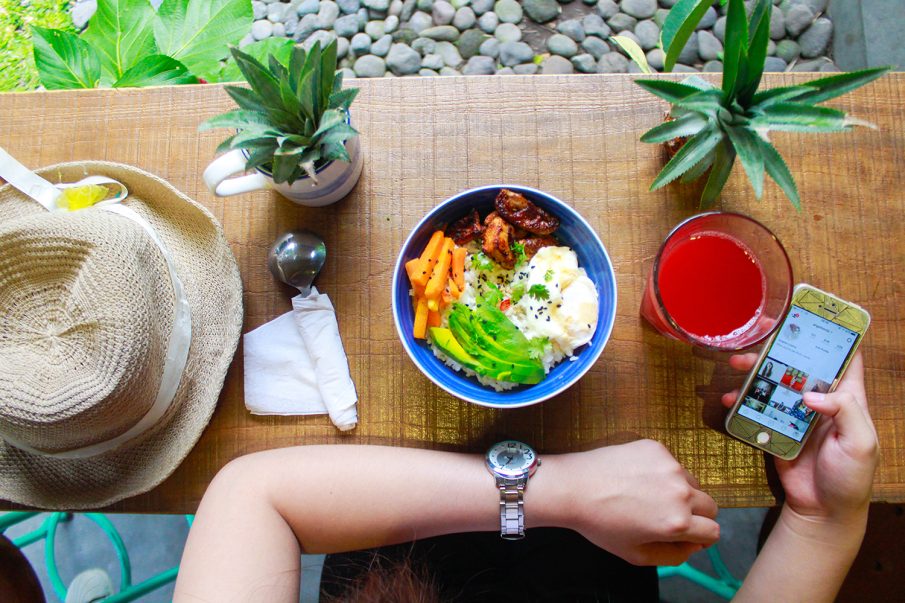By Elizabeth Beaumont
TIC Food Technology
Using a Google search it is easy to find material on healthy eating for adolescence but less about the skills required to select and prepare food safely.
Basic skills around food are usually acquired during the years a child is living at home, developed while flatting or living away from home and fine tuned in adulthood to meet an individuals needs or preferences.
Some adolescents never develop a basic understanding around food other than their personal preferences and how much items cost, and this can negatively impact long term health as the choices tend to be made based on likes rather than nutritional benefits.
I have collated some basic knowledge around food selection, storage and preparation to assist adolescents wanting to develop their food literacy skills.
Food selection and purchase
- Buy in season when fruit and vegetables are cheaper and provide higher levels of nutrients https://www.produce.co.nz/seasonality-chart/
- Buy local to avoid food deteriorating through travel and to support local growers
- Plan meals to reflect the healthy plate, half vegetables, one quarter protein, one quarter carbohydrates https://www.healthyfood.com/advice/the-perfect-plate/
- Choose low fat, salt, sugar to avoid the negative impact these products can have on the body
- Know your serving sizes to maintain suitable portion control https://www.heartfoundation.org.nz/images/nutrition/page-heros/food-portions-a4-resource.png
Food Storage
- If it is from a chilled or frozen section in the supermarket, store it in the fridge/freezer at home
- Store ambient foods (ones stored at room temperature) in labelled airtight containers in pantry
- Be aware of best before and use by dates, check them https://www.consumer.org.nz/articles/use-by-dates-on-food
Preparation
- Know how to cook and heat food correctly in the microwave. If reheating food it needs to be steaming to kill pathogens that may be present
- Use low fat cooking methods such as grill, saute and steam https://www.eatforhealth.gov.au/eating-well/tips-eating-well/low-fat-cooking-techniques
- Use equipment that minimises the use of added fat such as a non stick pan, bamboo steamer
- Quick cooking techniques reduce the loss of water soluble nutrients
- Cook plant based it is better for your health and the environment


